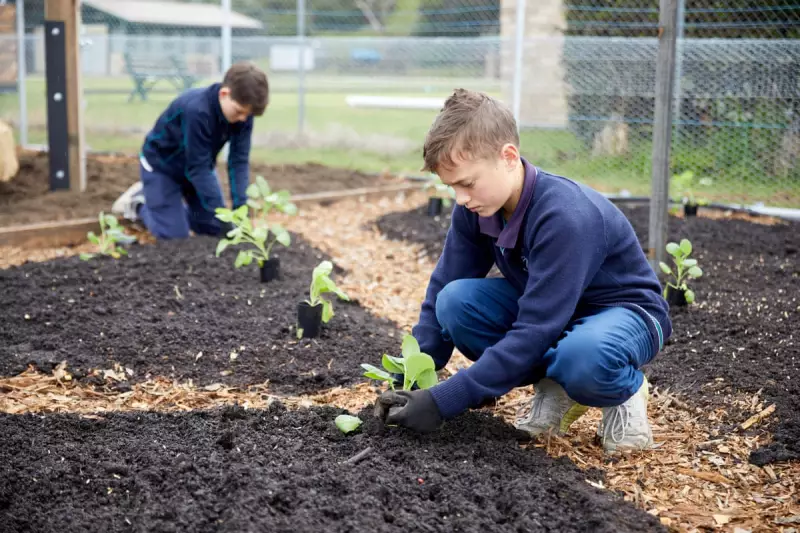
Forget stuffy classrooms and rote learning. A revolutionary programme in Tasmania is taking education outdoors, and the results are blossoming. A different kind of school garden initiative is sowing the seeds for improved student wellbeing, engagement, and academic success across the island state.
More Than Just Planting Seeds
This isn't your typical school veggie patch. The ‘Growing Change’ programme, delivered by the not-for-profit Colony 47, moves far beyond basic horticulture. It's a sophisticated intervention designed to address complex issues facing young people, including school disengagement, mental health challenges, and food insecurity.
By integrating practical gardening with the school curriculum, the programme provides a hands-on, therapeutic learning environment that is producing remarkable outcomes.
Reaping a Harvest of Benefits
The impact on participating students has been profound. Schools report significant improvements in several key areas:
- Enhanced Mental Wellbeing: The calming, nature-based activities provide a powerful antidote to anxiety and stress, offering students a peaceful space to regulate their emotions and build resilience.
- Improved Attendance: For students who previously struggled to come to school, the garden programme has become a compelling reason to attend, boosting overall engagement.
- Academic Engagement: Teachers are noting students are more focused and participative in classroom activities after sessions in the garden, with lessons in science, maths, and art coming to life.
- Social Skills and Teamwork: Working together to nurture plants fosters communication, cooperation, and a shared sense of purpose among pupils.
Addressing Deep-Rooted Challenges
The programme's success lies in its holistic approach. It recognises that a student's ability to learn is deeply connected to their overall wellbeing. For children facing adversity or those who don't thrive in traditional academic settings, the garden offers an alternative pathway to achievement and self-worth.
By learning to grow their own food, students also gain valuable life skills and contribute to addressing food security, with fresh produce often used in school canteens or taken home to families.
A Model for National Growth?
With its proven success in Tasmania, the ‘Growing Change’ model presents a compelling case for expansion. It demonstrates how integrating wellbeing-focused, practical learning into the education system can yield impressive returns, nurturing not just plants, but more resilient, engaged, and successful young people.
This Tasmanian initiative proves that sometimes, the most important lessons aren't found in a textbook, but are cultivated with your own two hands in the soil.





